Electric cars are becoming more popular, but their high price tags and complex pros and cons can make it difficult to determine if investing in an electric vehicle is the right choice for you. With many opinions out there, it can be hard to know where to start. Here are 18 truths about electric cars, both the good and the bad, that might help you make an informed decision.
Energy Efficient

Energy efficiency is about how much energy from the fuel powers a vehicle’s wheels. Electric cars are significantly more efficient than regular gas-powered cars. This means that when you charge an electric car’s battery, more energy goes into moving the car than when filling up a gas tank. Over time, this not only helps to save the planet but also saves you money as you spend less on fuel for the same distance traveled.
Reduce Emissions

Electric cars use rechargeable batteries instead of fuel, so they do not produce tailpipe emissions. Reducing your carbon footprint and emissions is a significant advantage of electric vehicles, as tailpipe emissions contribute significantly to pollution in the US. Making electric vehicles the ecofriendly way to travel.
Long Term Saving

The initial cost of an electric car may be higher than its gas-powered alternative, but it can save you money in the long run. Refueling a petrol or diesel vehicle is expensive, and you’d be surprised how much this can add up over a few years. With an electric car, these expenses are avoided. An electric vehicle could also save you money on road tax as the low emissions can offer exemptions.
Quiet Ride
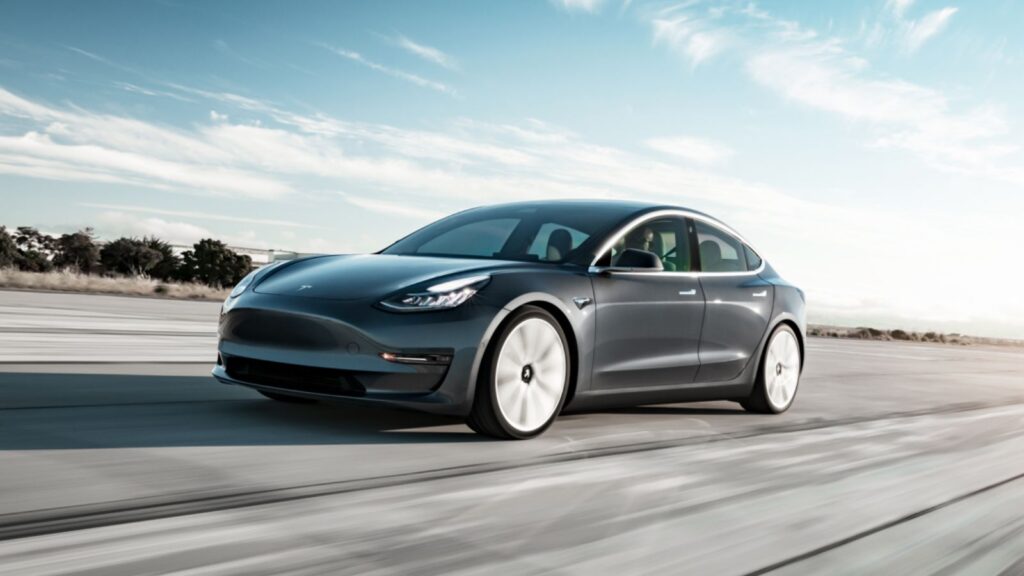
Electric vehicles have quiet and smooth motors meaning your journey will be a quiet one. Because they emit so little noise most electric vehicles have been fitted with a mechanism that produces a small amount of noise when driving slowly to warn pedestrians.
Future Proofed
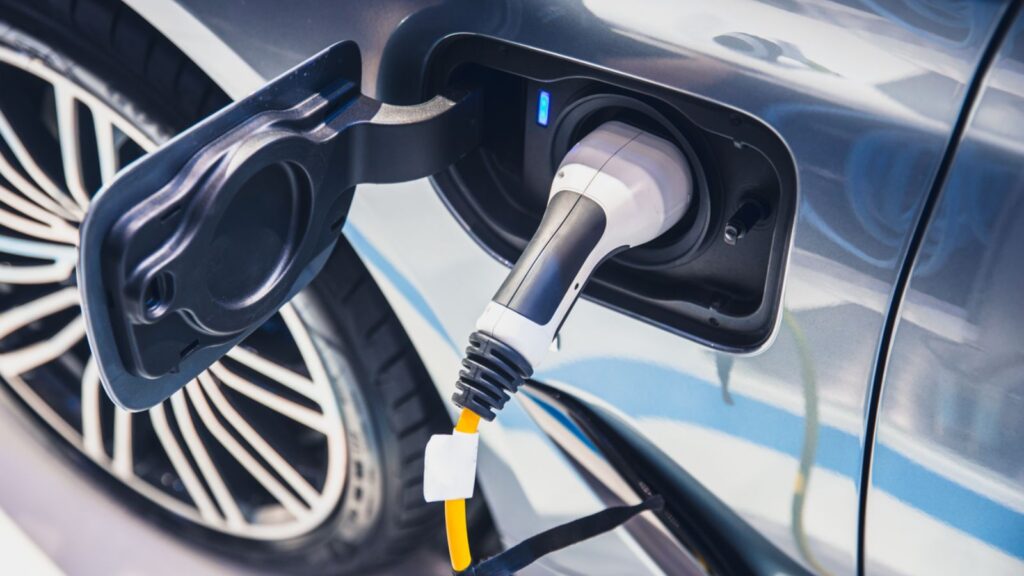
Electric vehicles are designed for the future. Buying an electric vehicle in 2024 is a completely different experience compared to three years ago, and this is only set to continue to improve. With some states declaring a ban on gas-powered cars by 2035, investing in an electric vehicle now is only going to help you in the future.
Performance

Electric cars used to have a reputation for being sluggish and slow. However, their performance has significantly improved over time. Electric motors react much quicker than mechanical engines, providing more agility. Nowadays, electric cars can match the performance of any gas-powered car.
Lower Maintenance

Electric motors have fewer moving parts compared to internal combustion engine vehicles, which means there are fewer opportunities for breakdowns. Not to mention, regenerative braking systems, reduced fluids and filters, and other factors also decrease maintenance requirements.
Incentives

Electric vehicles can help you qualify for incentives. The federal electric vehicle tax credit is one of the biggest incentives, potentially reducing your tax liability by up to $7,500. States also offer their own electric car incentives, providing further benifits to this investment.
Suit The Average Commute
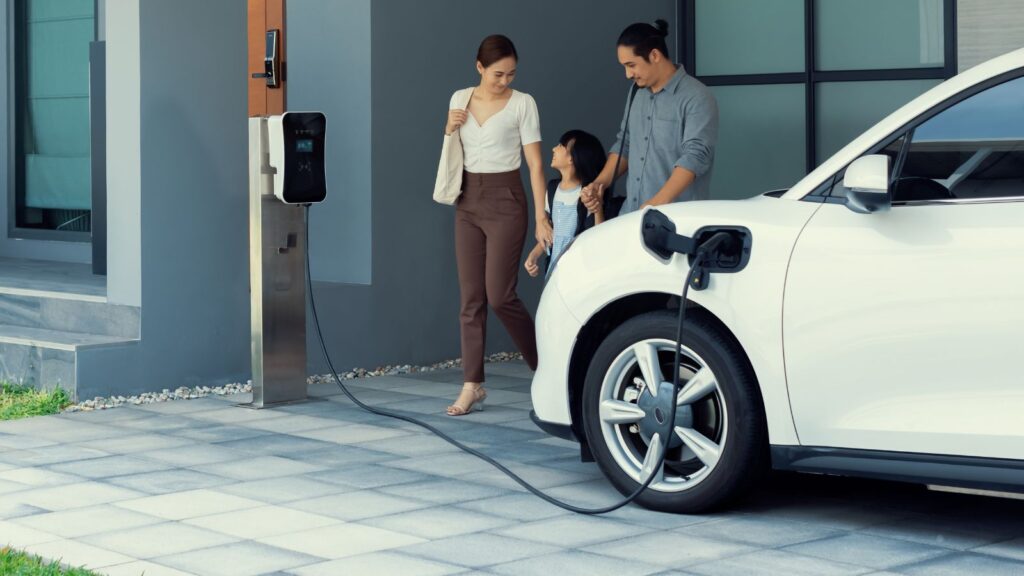
A challenge with electric cars is that they can’t travel too far without needing a charge. However, they are ideal for many people’s average commute. If you mostly use your car to get to work or take the kids to school, electric cars will save you money and help the environment over time.
Can’t Travel as Far

Electric cars can typically travel between 60 and 120 miles per charge, which is significantly less than the approximately 300 miles a gas-powered vehicle can travel before needing a refill. This difference could pose a challenge for those who frequently take long trips.
Extreme Weather Limitations

The batteries used to power electric cars struggle in extreme weather. In Chicago, during a cold snap, electric vehicle owners were stranded when the cold weather caused their batteries to go flat. While gas-powered cars also often struggle in cold weather, it’s less likely for them to come to a complete stop. Electric cars have also been shown to struggle in hot weather, although developments in technology are working quickly to improve this.
Battery Life

One of the main concerns with electric cars is battery life. Most manufacturers offer a warranty of five to eight years for their batteries, which is not long for such an expensive investment. Still, electric car batteries can last from 10 to 20 years in some instances. Additionally, electric car manufacturers are taking measures to make the batteries last longer, such as ‘buffering’ them and using water-cooling systems in vehicles.
Finding Parts

The electric car industry is relatively new, making it difficult to find trained electric vehicle technicians. Fortunately, electric cars require less maintenance than other vehicles, but when they inevitably break down, this can make the experience more challenging and expensive.
Long Charging Times
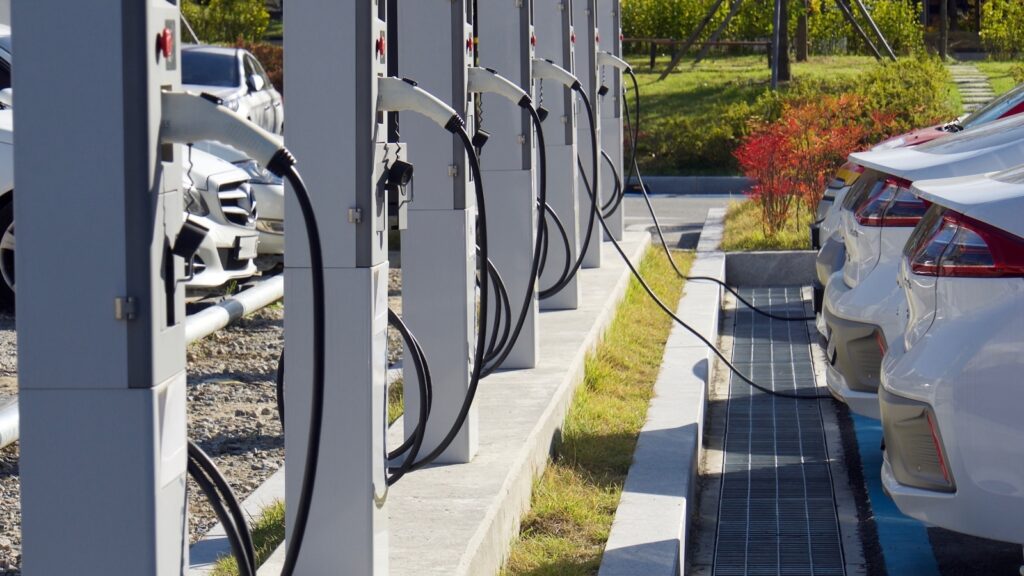
Filling up gas takes no more than 10 minutes, while recharging an electric car can take significantly longer, especially if the battery is completely depleted. In some cases, it can take up to two days to fully charge an electric vehicle, which can be disruptive for a trip or even for your regular commutes.
Limited Charging Points

Finding charging stations can be tricky for electric vehicles, especially if you are driving through rural areas or on a long-distance trip. This is important to consider when making the choice to purchase an electric car.
Expense

Electric vehicles currently come with a high initial cost, making them less accessible for everyone. But as electric vehicles become more popular, this is expected to change. Not to mention the savings you will make on gas.
Carbon Emissions in Production
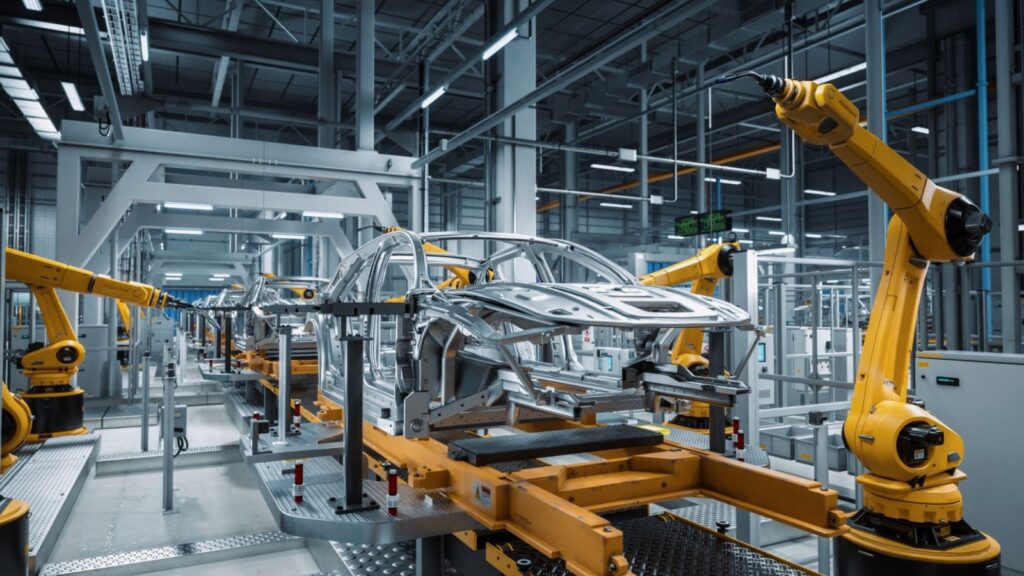
Electric cars are much cleaner than their counterparts, but a little-known fact is that their batteries are highly carbon-intensive to produce. However, manufacturers are making efforts to rectify this problem, and there is hope that this won’t take long.
Battery Recyling

Another element that may knock electric cars green credentials is the life expectancy of their electric batteries. Batteries are very hard to dispose of, often staying in landfill for years. With electric car batteries only lasting 20 years max, this could lead to many batteries ending up in landfill.
19 Grim Realities of Dating After 50 That Are Often Overlooked

19 Grim Realities of Dating After 50 That Are Often Overlooked
26 Things That Will Be Extinct Because Millennials Refuse to Buy Them

26 Things That Will Be Extinct Because Millennials Refuse to Buy Them
24 Outdated Slang Terms You Absolutely Shouldn’t Be Using Anymore

24 Outdated Slang Terms You Absolutely Shouldn’t Be Using Anymore
25 Hardest Parts About Getting Older That No One Ever Talks About

25 Hardest Parts About Getting Older That No One Ever Talks About






